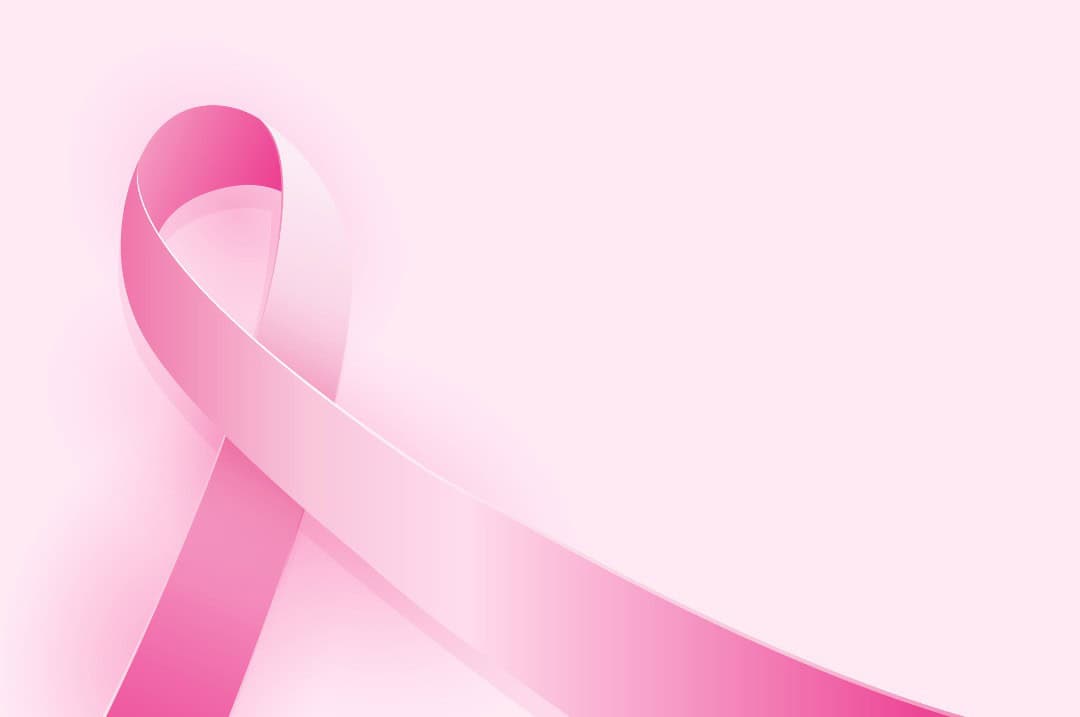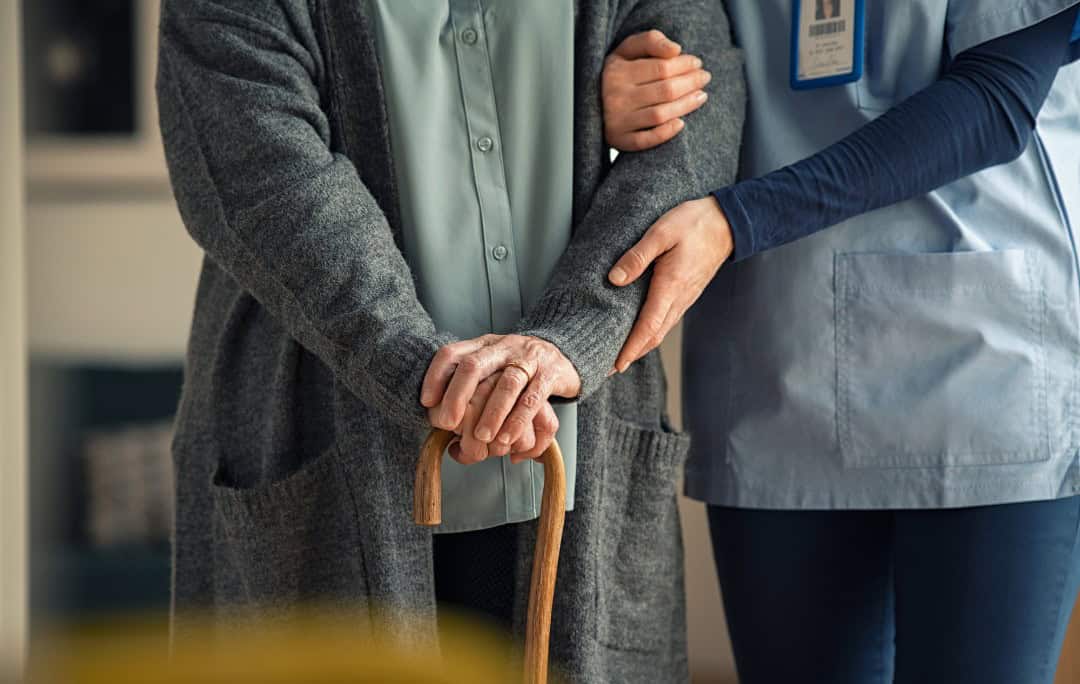October is Breast Cancer Awareness Month, and we want to help spread awareness and educate you about breast cancer. For this awareness month we will be taking part in ‘Wear It Pink’ to raise money for Breast Cancer Now. This event will take place across our offices on Friday 18th October 2024.
In 2024 more than 360,000 people will be diagnosed with breast cancer. With our donations we can help fund researchers to make more advancements in medicine and help increase the chances of survival.
When caught in its earlies stages, the 5-year survival rate for breast cancer is 99%. The key to an early diagnosis however is detection, and we would like to help educate you on what to look out for.
Most common symptoms
If you notice any of these changes, contact your GP. Most breast changes are not cancer; however, it is still important to get them checked out. The sooner breast cancer is found, the more successful treatment is likely to be.
The following are the most common symptoms that you should be looking out for:
- A lump or swelling in your breast, upper chest or armpit
- Change in skin texture, resulting in puckering or dimpling
- Change in skin colour (your breast may look darker, red or inflamed)
- Nipple change (e.g. becoming inverted)
- Rash or crusting around the nipple
- Unusual discharge from either nipple
- Changes in size of shape of the breast
Pain in your breast is not usually a sign of breast cancer when experiencing it on its own. You should however look out for pain in you breast or armpit that is happening all the time or is almost constant.
Symptoms for men can be the same however their most common symptom for them is a lump in the chest area.
How to check your breast
Touch, look, check:
- Touch your breasts to see if you can feel anything new or unusual
- Look for any changes on or around your breast, chest and armpits
- Check and report any new or unusual changes to your GP
It is important to do this regularly and be aware of anything that seems different to you. Check your whole breast area, up to your collar bone and your armpits.
Contacting your GP
After contacting your GP about any changes (this could be an appointment over the phone or in person), your GP may decide there’s no need to investigate further, may ask to see you again after a short time or could refer you to a breast clinic.
No matter what happens after your initial appointment, it’s important not to panic. If you have been referred to a breast clinic this is most likely just a precaution and does not mean that you do have breast cancer.
If your GP is male and you don’t feel comfortable, you can ask if a female doctor, or a practice nurse is available. Whatever makes you feel most at ease.
If you’re worried about your breast health or are currently struggling with breast cancer, Breast Cancer Now have a free helpline available where you can speak to their breast care nurses. To contact one of these nurses, call 080 800 6000. For other ways to contact a nurse visit https://breastcancernow.org/support-for-you/ask-our-nurses/.
Information taken from: https://breastcancernow.org/








